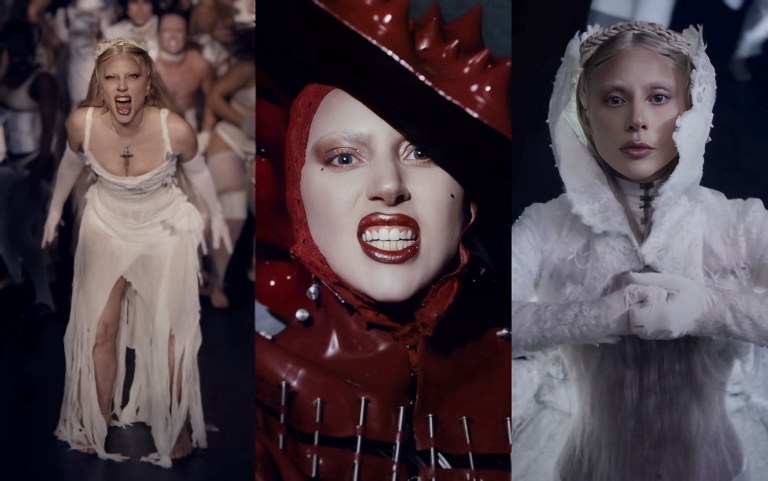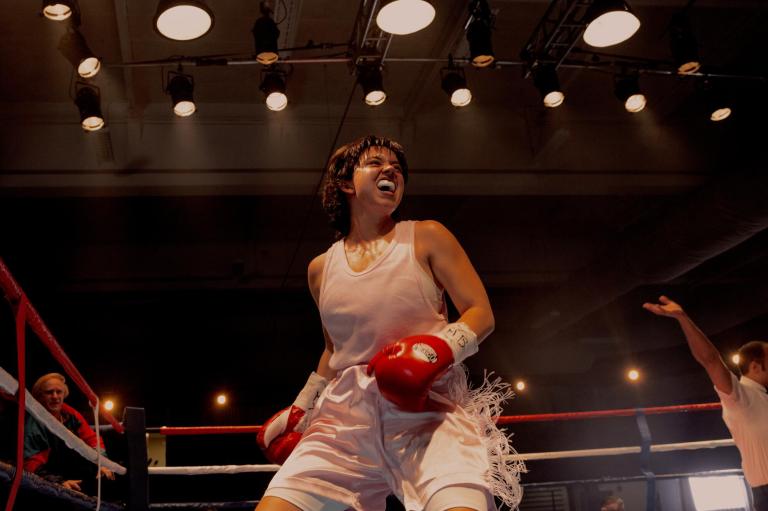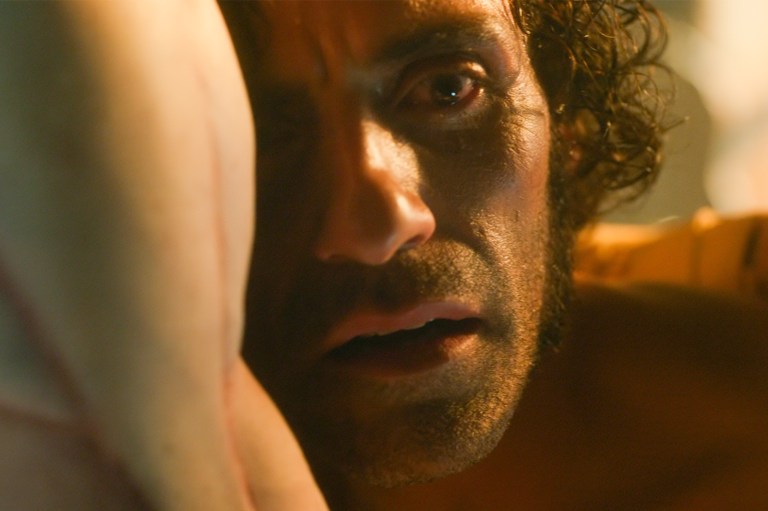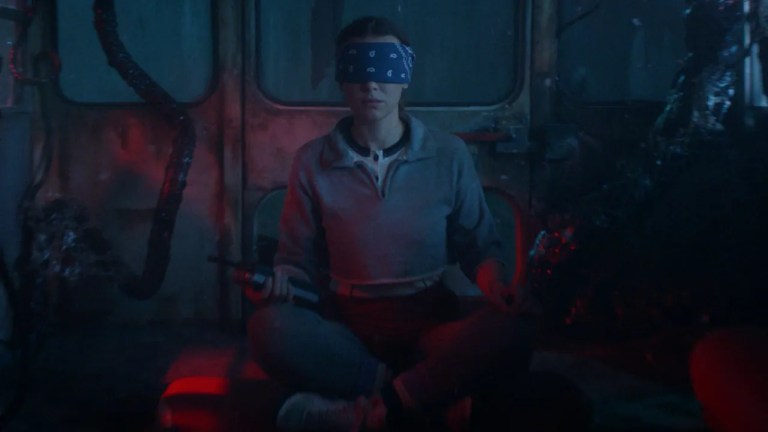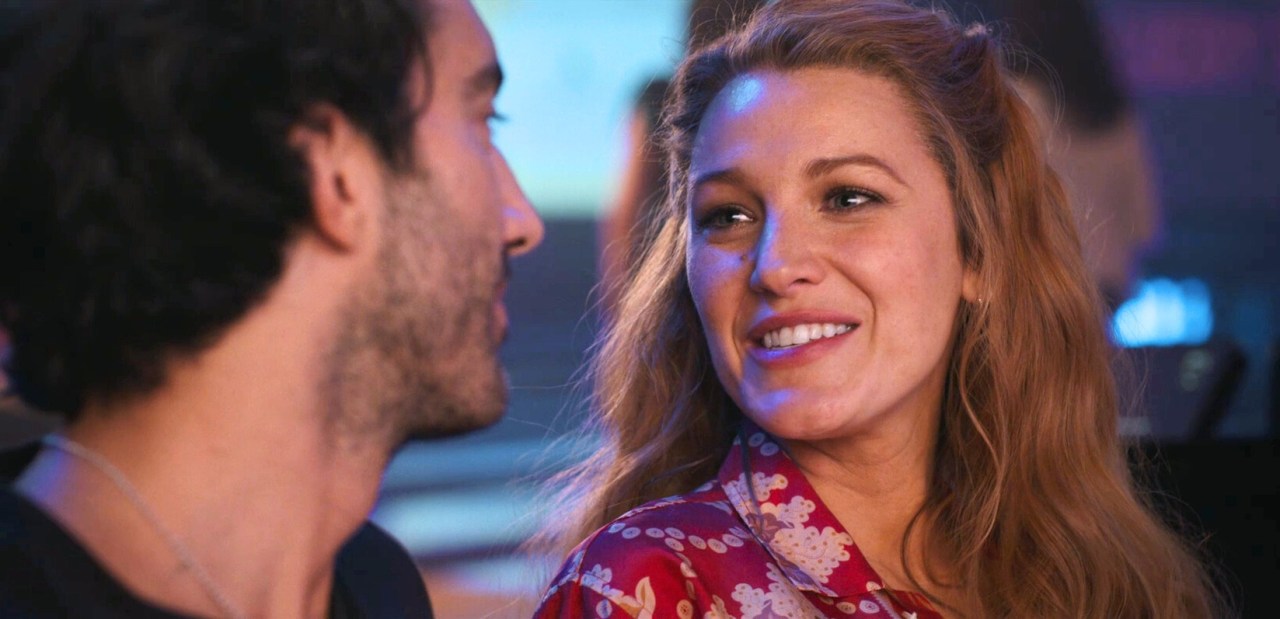
‘It Ends With Us’ Is The Most Heartbreaking Romance in Movie History — Here’s Why
This article contains spoilers.
The newly released romantic drama ‘It Ends With Us’ is based on a bestselling novel by author Colleen Hoover. If you know anything about Colleen Hoover or have read her chilling books like Verity (a great primer on how to depict gaslighting in literature), you know that her books tend to tug at heartstrings and at times push you to your limits. This book is no different and is widely praised as a moving look into how generational trauma affects cycles of abuse and shapes our patterns in love and relationships. However, much of the marketing for the book and the movie has been obscured by controversy, with rumors floating about in the media about the actors and director feuding, and critics pointing out that the “floral” themes that the movie and book have been excessively marketed with may have romanticized the movie in a way that overshadows the more pressing issues of domestic violence presented in the book. Let’s talk more about what makes this romantic drama a truly tragic one and why its messages about domestic violence should still be considered even in the midst of all this purported real-life drama.
What Is “It Ends With Us” About?
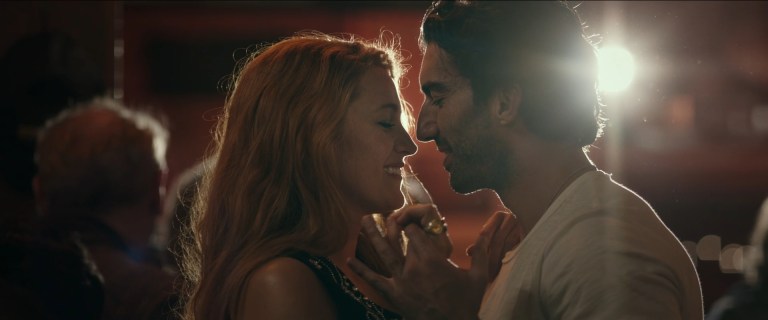
Lily Bloom (played by Gossip Girl’s Blake Lively) is a young woman with a dark and tortured past. As she moves from Maine to Boston to open her own flower shop and cope with the loss of her father, she is confronted with the trauma she grew up with when she begins re-reading her old childhood diaries. Her father abused her mother, and she witnessed this turmoil growing up. The abuse was shrouded in secrecy, and she always wondered why her mother didn’t leave. During her adolescence, she also developed a profound connection with her first love, Atlas Corrigan, who she helped out as a teenager when he had nowhere to go and no one to support him, even saving him from attempting suicide. Atlas was beaten up by her abusive father when he found him hiding out at their house and shortly after Lily lost her virginity to him. These flashbacks are intermingled with Lily’s present-day, when Lily meets neurosurgeon Ryle Kincaid (Jane the Virgin’s Justin Baldoni) on the rooftop of his apartment building in Boston. They begin a romantic relationship even though he initially tells her he’s only looking for something casual and presents himself as a notorious player with many lovers. She rejects their connection at first for this reason, but their paths cross again when Lily (unknowingly) hires Allysa, his sister, to work with her at the flower shop, helping facilitate her serendipitous reunion with Ryle.
Unrealistically, Lily becomes the “exception” to Ryle’s commitmentphobia and they do end up in a romantic relationship that seems to blossom and flourish beautifully – at least, at first. Lily enjoys luxuriously sensual romantic nights in Ryle’s penthouse, romantic date nights reminiscent of their first meeting on the rooftop, group outings with his sister, and fun nights of dinner and karaoke, perfectly capturing the euphoria often involved in the honeymoon stages of the abuse cycle. Ryle also supports her new business and becomes her first official customer. These romantic scenes are juxtaposed with scenes of young Lily and her first love Atlas, which are just as romantic, if not more so (the actress who plays the younger Lily is also a dead ringer for the adult Lily, making these comparisons even more jolting) as Lily essentially saves Atlas’ life and they fall in love in a once-in-a-lifetime romance. Her relationship with Ryle in the present day seems like a fairytale at first as well, until Ryle starts showing signs of being abusive, possessive, and cruel. In what appears to be a strange twist of fate, Lily serendipitously runs into her first love Atlas in present day, who has now progressed in life and is the owner of his own restaurant. While Ryle and Lily’s relationship may be front and center of the film, the moments between Atlas and Lily are the real love story of the film, as Atlas and Lily save each other’s lives during some of their toughest moments, and Atlas gets a chance to return the favor by helping her recover from Ryle’s abuse and giving her a place to stay as she heals.
Atlas and Lily Reunite and Ryle’s Abuse Worsens
Ryle’s abusive behavior escalates as Atlas begins questioning whether Lily is being abused and Ryle becomes increasingly possessive, realizing Lily still has feelings for Atlas. For example, when Ryle discovers that Atlas was in the restaurant bathroom with Lily due to his concern over her black eye, Ryle begins to become physically aggressive with Atlas and pushes Lily out of the way while Atlas furiously tells him to get out of the restaurant. In another incident, Lily is physically pushed down the stairs by Ryle when Ryle discovers Atlas and her may still be in contact after he makes her promise never to see him again. Ryle becomes even more controlling and jealous when he discovers more about Lily’s past with Atlas and how it is connected to the origins of her heart tattoo, going so far as to sexually assault Lily to regain power and control over her when he learns Lily might still love him. These disturbing scenes of escalating abuse are also merged with Lily’s flashbacks of her father abusing her mother, revealing how the cycle of abuse seems to be perpetuated in Lily’s life now. Ryle, too, shares with Lily that his childhood trauma of accidentally shooting his brother when he was young caused him to go into rages as an adult. However, while he tries to improve his behavior, he ultimately reverts back to his abusive tendencies.
How Does The Movie Depict Domestic Abuse?
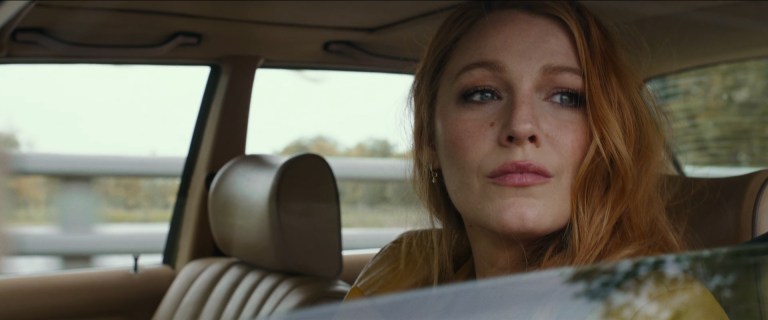
When watching the movie, I thought it did something exceptionally clever that other movies that touch on this sensitive topic usually don’t. It presented Lily as an “unreliable narrator” (she says this herself explicitly as a passing joke at one point) and does not reveal the true nature of Ryle’s abuse toward her in the beginning. During the first abuse scene, we watch it as if we were seeing the incident through Lily’s eyes – we see smoke, a sudden crash, or Lily ending up on the floor of the stairs, but we never see Ryle’s hand actually hitting her and are unclear of what actually happened and whether it was on accident or not, much like a survivor would question the first incident of abuse and feel gaslit into minimizing or rationalizing what occurred.
People who haven’t read the book and are watching these scenes may feel confused and disoriented at such scenes, mirroring the way any domestic violence survivor feels when they’ve been gaslit, invalidated, or is jolted into shock by sudden abuse which seems to come out of nowhere or has gradually heightened over time in a dangerously slow-burning and insidious manner.
This places us directly into the shoes of Lily as she experiences the abuse, since she does not yet understand what is happening and is still prone to rationalizing Ryle’s behavior, mirroring the experience of a domestic abuse survivor. However, in a series of shocking revealing flashbacks, the movie unravels the truth of what happened almost like a plot twist: Ryle did in fact hit her when he got frustrated while cooking, he did actually push her down the stairs during an argument about Atlas, and while the full extent of his sexual assault of Lily is co-mingled with other scenes of the abuse Lily’s mother suffered as well as a more dissociated “bird’s eye” perspective of the assault, it’s clear this was excruciatingly traumatic and terrorizing for her as well. Lily only begins to accept and realize this relationship is mirroring the abusive one her father had with her mother as she comes to terms with the escalating pattern of abuse, as many survivors do.
How Does ‘It Ends With Us’ Actually End?
When Lily discovers she is pregnant with Ryle’s baby and that she will be having a girl, her perspective seems to shift out of murky rationalization and back firmly into her maternal instincts. Though at first it seems she wants Ryle to be actively involved with her in the process of parenting and possibly reuniting with him romantically, after she gives birth to their daughter, she realizes she doesn’t want her daughter to ever suffer the same fate as her mother did. She asks Ryle for a divorce. She knows that by continuing to being with Ryle, she would be sacrificing not only herself, but her own daughter, perpetuating the same cycle as her parents by allowing her daughter to witness all the pain and turmoil she herself witnessed growing up. One of the most powerful scenes in the movie is when Lily asks Ryle after giving birth and while he is holding their baby what he would tell his daughter if she was the one being abused.
She asks, “What would you do if she told you her boyfriend was hitting her? If she said, ‘Daddy, my husband pushed me down the stairs, but he said it was an accident so it’s fine. She said her husband held her down and she begged him to stop but he swore he’d never do it again. What would you tell her? If the person she loved was hurting her – what would you say to her?” Ryle looks disturbed and pensive before he responds, “I would beg her to leave him and never go back.” Other powerful scenes in the movie include Lily’s mother telling her that the reason she stayed in the abuse cycle was because it would’ve been harder to leave, pointing to how difficult it is to extricate oneself out of the trauma bonds of the abuse cycle, as well as Ryle’s sister telling her that while as a sister she would hope Lily would forgive him, as her best friend, that is not the life she wants for Lily and the abuse was not her fault. The movie concludes with Lily saying, “It ends with us,” to her daughter Emmy and later running into Atlas when they are both single. These concluding scenes signal that the cycles of domestic abuse and trauma that have plagued both of them are finally ending, that their love story now has a chance to bloom in the rich soil of a healthy environment, and that a fresh new cycle has begun.
What Does ‘It Ends’ With Us Miss About Abuse and What Does It Get Right?
The movie seems to give Ryle a bit of a redemptive arc by delineating his own childhood trauma and giving him a sense of introspection and deeper understanding of abuse dynamics. The book, too, seems to paint abusers with more nuance and complexity than they perhaps deserve, hinting at the idea that we can’t group people into categories of good or bad. However, that’s not usually how real life works and it’s not practical at times to our safety or well-being to agonize over complexity and nuance when it comes to life-saving decisions. In real life, manipulative abusers do not usually come to the conclusion that they are in the wrong or change for the better. They frequently continue to gaslight their victims and re-offend, regardless of the birth of children, and their abusive tactics tend to heighten over time especially if they have narcissistic or psychopathic traits. Not all abusers have childhood trauma, and even in cases where they do, it’s clear that others (like Lily herself) who also have childhood trauma make drastically different choices than to violate other people, which means we cannot minimize an abuser’s behavior based on trauma they may or may not have had. However, the movie does open up an important discussion about the effects of generational trauma and how the cycles of abuse can be passed down and normalized for every generation, harming not just one person but countless others who grow up witnessing the abuse. It Ends With Us is a poignant reminder that while we may not be able to change the past, we can create a better future and make the choice to end the cycle before it’s begun. As Lily notes, “As hard as this choice is, we break the pattern, or the pattern breaks us.”
